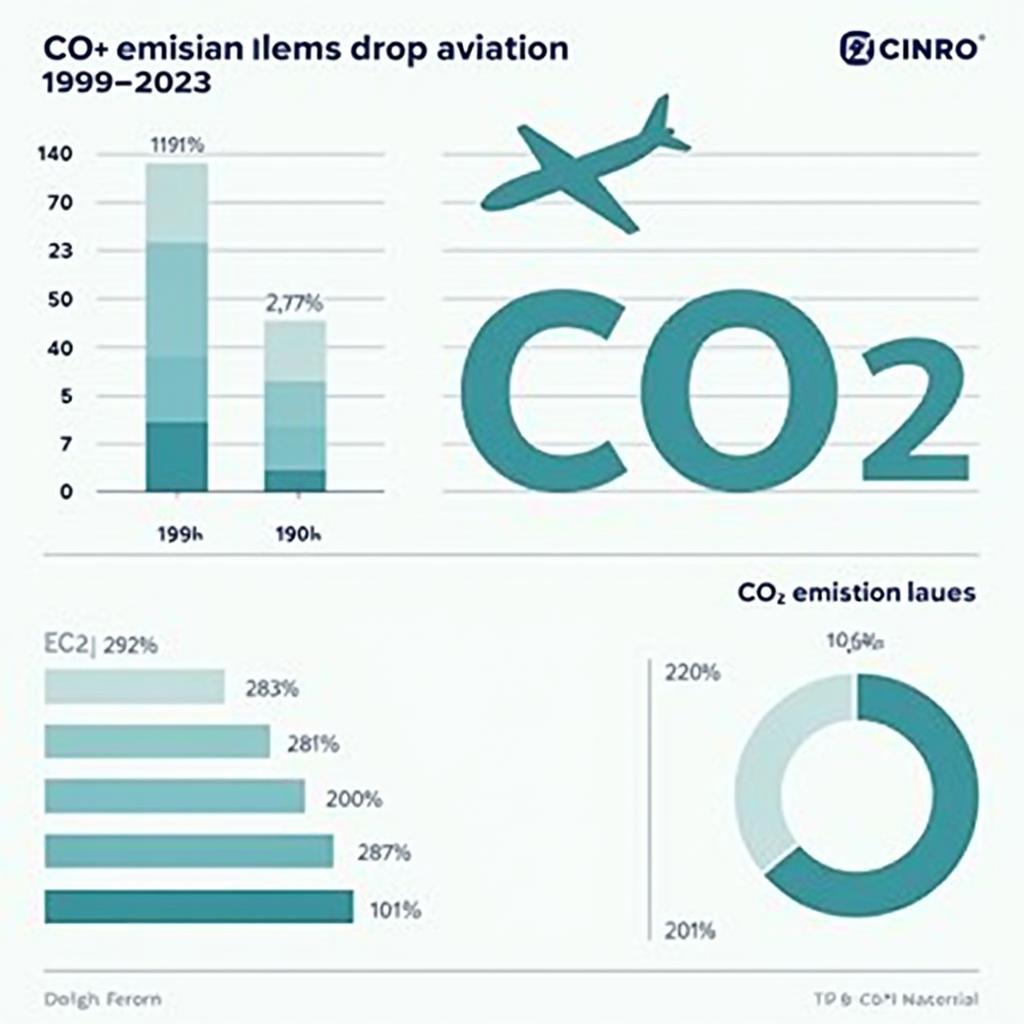Air travel’s environmental impact has become an increasingly common topic in IELTS Writing Task 2, appearing in various forms across recent test papers. Based on analysis of past papers and current environmental concerns, this topic is likely to remain relevant for future tests. Let’s examine some model essays addressing Air travel and environmental concerns: potential solutions.

Task Analysis
Some people believe that air travel should be restricted because it causes serious environmental damage. To what extent do you agree or disagree with this statement?
This question requires candidates to:
- Express their opinion on air travel restrictions
- Discuss environmental impacts
- Provide supporting arguments
- Suggest potential solutions
Band 8.5 Sample Essay
The exponential growth in air travel has raised legitimate concerns about its environmental impact, similar to how tourism contributes to environmental degradation. While I partially agree that some restrictions are necessary, I believe a balanced approach combining regulations and technological innovation would be more effective than severe limitations.
Aircraft emissions undeniably contribute significantly to global carbon dioxide levels and climate change. Commercial aviation accounts for approximately 2.5% of global CO2 emissions, and this percentage is projected to increase substantially as air travel becomes more accessible to growing middle classes worldwide. Furthermore, the release of these emissions at high altitudes magnifies their greenhouse effect, making air travel particularly problematic from an environmental perspective.
However, implementing strict restrictions on air travel could have devastating economic and social consequences. The aviation industry supports millions of jobs globally and plays a crucial role in international trade, tourism, and cultural exchange. Instead of harsh restrictions, I believe the focus should be on developing and implementing greener technologies, similar to how can we make cities more environmentally friendly. This could include investing in sustainable aviation fuels, improving aircraft efficiency, and optimizing flight routes to reduce fuel consumption.
A more effective approach would be to implement a combination of moderate regulations and incentives. Governments could introduce carbon pricing mechanisms for airlines while simultaneously offering tax benefits for adopting cleaner technologies. Additionally, investing in high-speed rail networks for short-haul routes could provide environmentally friendly alternatives where feasible.
In conclusion, while air travel’s environmental impact requires urgent attention, outright restrictions are not the answer. The solution lies in balancing environmental protection with economic needs through technological innovation and smart policy-making.
Band 6.5 Sample Essay
The impact of air travel on the environment is a major concern today, and Should stricter regulations be placed on air travel to reduce carbon emissions? is a question many people ask. I agree that some control is needed, but complete restrictions would not be good.
Firstly, airplanes cause pollution problems. They release a lot of CO2 into the atmosphere and contribute to global warming. Also, airports create noise pollution and take up large areas of land that could be used for other purposes. These environmental problems are getting worse as more people travel by air.
However, stopping air travel would cause many problems. Many businesses depend on air travel to work with international partners. Tourists also need planes to visit different countries, which helps local economies. Additionally, some places can only be reached quickly by air, especially in emergencies.
I think the best solution is to find ways to make air travel more environmentally friendly. Airlines should use newer planes that use less fuel and make less noise. Governments can also make rules about pollution levels and give money to help develop better technology.
In conclusion, while air travel does harm the environment, we should focus on making it cleaner rather than stopping it completely.
Analysis of Band Scores
Band 8.5 Essay Features:
- Sophisticated vocabulary and complex structures
- Clear organization with well-developed ideas
- Excellent use of topic-specific vocabulary
- Strong coherence and cohesion
- Balanced argument with nuanced perspective
Band 6.5 Essay Features:
- Basic but clear arguments
- Simple but accurate language
- Some repetition in vocabulary
- Basic linking words
- Straightforward structure
Key Vocabulary
- exponential growth (n.) /ˌek.spəˈnen.ʃəl/ – rapid increase
- legitimate concerns (adj.) /ləˈdʒɪt.ə.mət/ – valid worries
- devastating (adj.) /ˈdev.ə.steɪ.tɪŋ/ – highly destructive
- sustainable aviation fuels (n.) /səˈsteɪ.nə.bəl/ – eco-friendly airplane fuel
- carbon pricing mechanisms (n.) /ˈkɑː.bən/ – systems for charging pollution
- high-speed rail networks (n.) /haɪ-spiːd/ – fast train systems
- outright (adj.) /ˈaʊt.raɪt/ – complete, total
- feasible (adj.) /ˈfiː.zə.bəl/ – possible to do
Practice Suggestions
Try writing your own essay on these related topics:
- Should governments tax air travel more heavily to reduce its environmental impact?
- How can the aviation industry become more environmentally sustainable?
- Is it better to develop alternative transport methods rather than try to make air travel greener?
Share your practice essays in the comments section for feedback and discussion.